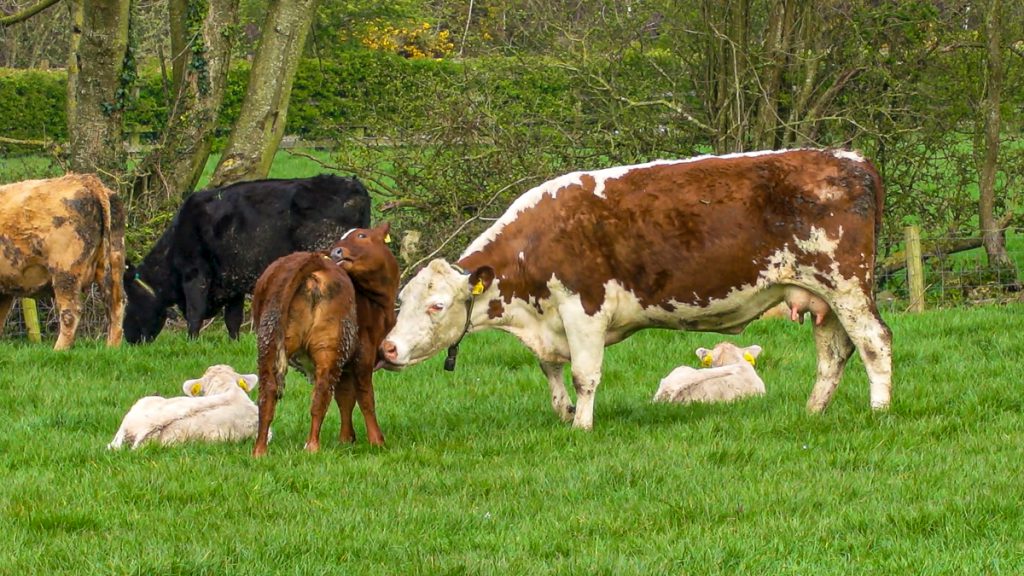An update on forecasted family farm incomes for 2022 clearly demonstrates the challenges facing the suckler and beef sector, the Irish Farmers’ Association (IFA) has said.
Due to the global impact of the Russian invasion of Ukraine, Teagasc today (Wednesday, April 13) published a revision of its annual Situation and Outlook for 2022, which was released in December.
In the report, Teagasc economists warn that a drop in average family farm income is “now highly likely” in 2022 as output prices will fail to offset rising production costs.
The war has led to “a sharper and more widespread increase in farm input prices in 2022, than had been anticipated at the end of 2021”.
The economists said income is expected to drop by 25% on cattle rearing farms and by 16% for other cattle enterprises.

Commenting on the report, the IFA Livestock Committee chair called on Minister for Agriculture, Food and the Marine Charlie McConalogue to take “immediate action”.
“Suckler and beef farms are facing a significant drop in income this year, which will have severe implications for the sector if urgent supports are not provided.
“Production costs on suckler and finishing farms are projected to increase by 24% and 30% respectively,” Brendan Golden stated.
“The low-income suckler and beef sector does not have the capacity to absorb this level of disruption.
“The Minister for Agriculture must come forward with immediate direct supports and commitments for the sector to off-set these production cost increases and uncertainties to allow suckler and beef farmers plan with confidence for this year and into the future.”
Golden suggested that money clawed back under the Beef Exceptional Aid Measure (BEAM) could be used to help the sector. He also pointed to the Brexit Adjustment Reserve as a method of funding direct supports.
“The livestock sector is a low-income sector dependent on direct payments for 160% of family farm income (FFI).
“Recent developments place even more significance on the value of these supports and bring the flawed Common Agricultural Policy (CAP) sharply into focus where our most productive suckler and beef farmers will see their payments slashed in 2023 if not amended.
“Suckler and beef farmers have already felt the impact of sterling volatility following the Brexit vote and market disruption from stockpiling of products in December 2020, which led to beef price drops in early 2021,” the IFA representative said.
Golden also called on meat factories to return the full value of the “current buoyant beef trade” in prices.
“It is critical suckler and beef farmers are given a clear signal of short, medium and longer-term support to continue to produce beef at the highest animal welfare and environmental standards,” he concluded.
